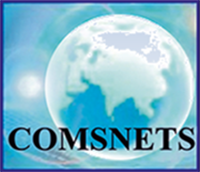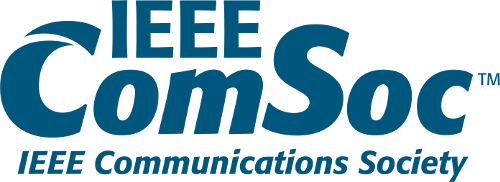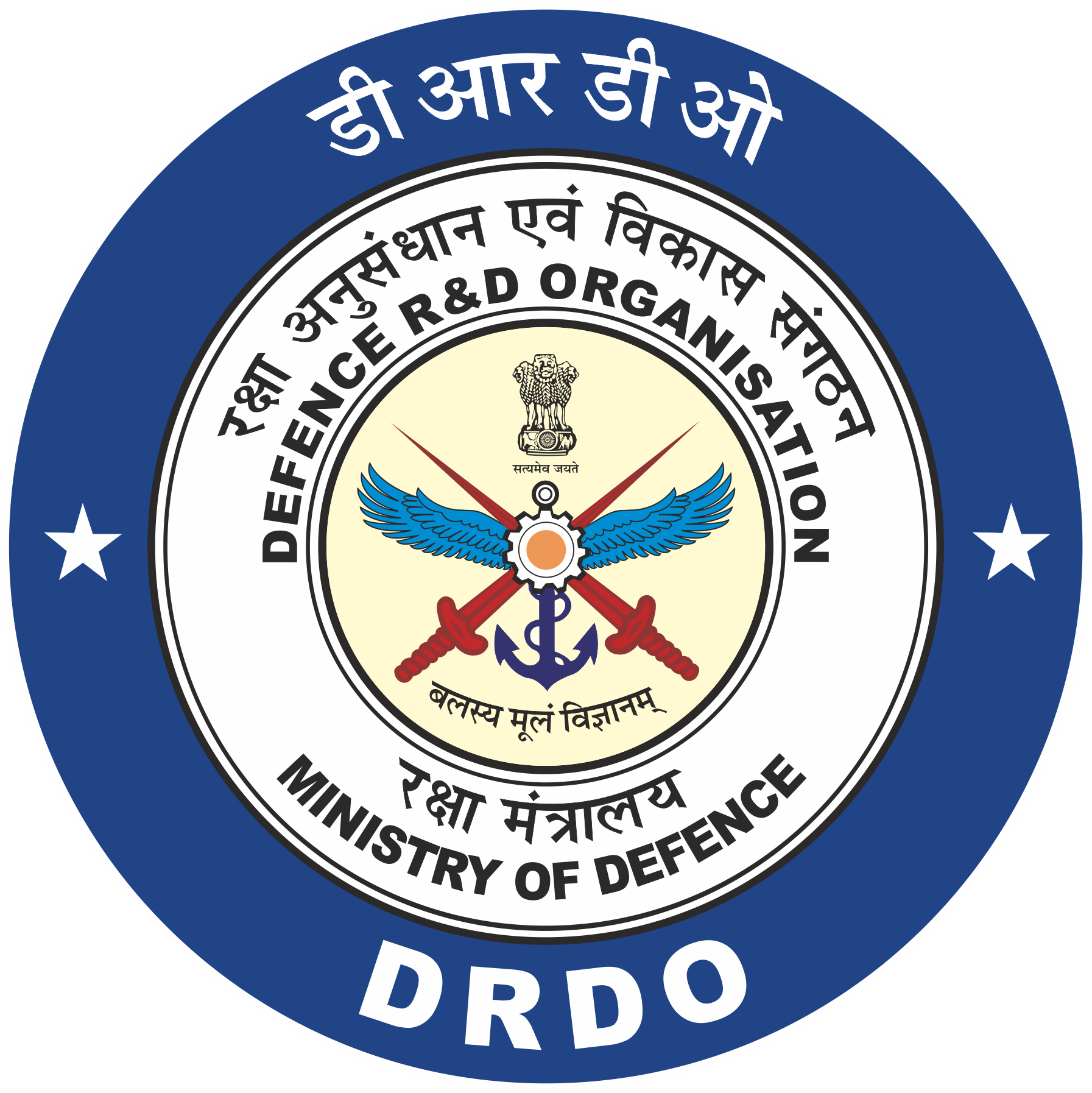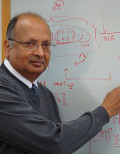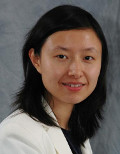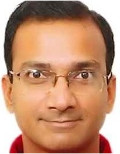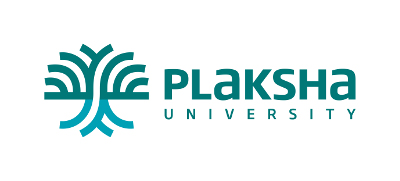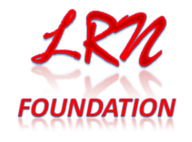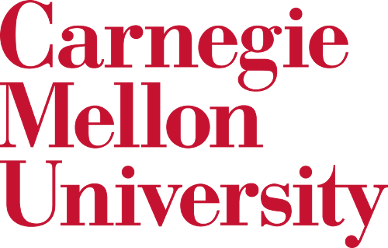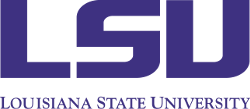Keynote Speakers
Dina Katabi
MIT, USAVisit Homepage
5 January 2022, 6:30 PM
In this talk, I will present sensing technologies that track people’s gait and movements based purely on the radio signals that bounce off their bodies. They can further monitor a person’s breathing, heartbeats, and sleep quality remotely, without requiring any physical contact with the human body. They operate by transmitting a low-power wireless signal and analyzing its reflections using machine learning models. I will show results from using these sensors for remote health monitoring of patients with Parkinson's, Alzheimer's, and COVID-19. We envision that such technologies can enable truly smart homes that learn people’s habits and passively monitor their vital signs to allow for early detection of health problems and improve overall health and well-being.
Dina Katabi is the Thuan and Nicole Pham Professor of Electrical Engineering and Computer Science at MIT, a MacArthur Fellow and a member of the National Academy of Engineering. She is the leader of the Networks at MIT group (NETMIT) research group, part of the Computer Science and Artificial Intelligence Lab, and a the Director of the MIT Center for Wireless Networks and Mobile Computing. Professor Katabi received her PhD and MS degrees from MIT in 2003 and 1999, and her Bachelor of Science from Damascus University in 1995. Her research interests span mobile systems, machine learning, health IoT, and wireless networks. She develops new technologies, algorithms, and systems that provide non-invasive health monitoring, enable smart homes, improve WiFi and cellular performance, and deliver new applications that are not feasible given today's technologies. She has received multiple prestigious awards including the ACM Prize in Computing, the ACM Grace Murray Hopper Award, two SIGCOMM Test of Time Awards, a Sloan Fellowship, the the IEEE William R. Bennett prize, and multiple best paper awards. Several start-ups have been spun out of Katabi's lab such as PiCharging and Emerald.
Arogyaswami Paulraj
Stanford University, USAVisit Homepage
6 January 2022, 6:30 PM
5G is now entering worldwide deployment with China in the lead and Europe/US in pursuit and India also gearing up for early deployments. The current focus is on smart phones in public networks, but private networks, IoT and uRLLC leveraged applications are still not mainstage.
This interaction will cover 5G on its many dimensions highlighting the strategy and success factors in US and China covering product development and network deployment. This will be followed with a discussion on the Indian approach to 5G deployment.
Professor (Emeritus) Arogyaswami Paulraj, Stanford University, is the inventor of MIMO wireless communications, a technology break through that enables improved wireless performance. MIMO is now incorporated into all broadband wireless systems. He also pioneered MIMOOFDMA that is now the core physical layer technology for 4G, 5G mobile, and WiFi networks. Paulraj has authored / co-authored of over 400 research papers, two textbooks and is a coinventor in 80 US patents. Paulraj has won several awards, notably the 2018 US Govt. Patent and Trademark Office’s National Inventors Hall of fame, 2014 Marconi Prize and Fellowship and the 2011 IEEE Alexander Graham Bell Medal. He is a fellow of nine National Scientific / Engineering academies including those in the US, China, India and Europe. He is a fellow of IEEE and AAAS.
Lili Qiu
University of Texas at Austin, USAVisit Homepage
5 January 2022, 10:00 AM
Video games, Virtual Reality (VR), Augmented Reality (AR), and Smart appliances (e.g., smart TVs and drones) all call for a new way for users to interact and control them. Motivated by this observation, we have developed a series of novel motion tracking technologies using acoustic signals. A unique feature of our approach is that it can achieve mm-level tracking accuracy on smartphones without special hardware. We further develop a few interesting applications on top of our motion tracking technology such as a follow-me drone and acoustic imaging on mobile phones.
Lili Qiu is a Professor at Computer Science Dept. in UT Austin. She got M.S. and PhD degrees in Computer Science from Cornell University in 1999 and 2001, respectively. After graduation, she spent 2001-2004 as a researcher at System & Networking Group in Microsoft Research Redmond. She joined UT Austin in 2005, and has founded a vibrant research group working on Internet and wireless networks at UT. She is an ACM Fellow and IEEE Fellow. She also got an NSF CAREER award and Google Faculty Research Award, and best paper awards at ACM MobiSys'18 and IEEE ICNP'17. She also supervised a PhD dissertation that won SIGMOBILE best dissertation award in 2020.
Rajesh Sundaresan
IISc Bangalore, IndiaVisit Homepage
6 January 2022, 11:00 AM
The COVID-19 pandemic turned a few of us into accidental epidemiologists. In this talk, I will speak about our journey on the R&D of data-driven decision frameworks for COVID-19 response. I will cover three aspects -- simulation models, our interactions with policy makers, and efforts in data sharing.
I will touch upon the city-scale agent-based simulator, its use in modelling the impact of the Mumbai locals, the Campus Rakshak (campus-scale) simulator, the work-place readiness self-assessment tool, the swabs2labs tool for efficient use of lab capacity, the Karnataka serosurveys, their use in forecasting and assessing the heterogeneity of COVID-19 spread across the districts, our struggle with variant modelling, the Rt calculator for India states and the districts of Karnataka, the early warning system, our recent collaborative effort to keep alive the efforts of the covid19india.org volunteers, and the forecast hub -- or how we learnt to stop pushing our model and embrace half-a-dozen. We hope a few of these tools will survive to help us in the future.
Rajesh Sundaresan received the BTech Degree in Electronics and Communication from the Indian Institute of Technology Madras and the MA and PhD degrees in Electrical Engineering from Princeton University. He then worked at Qualcomm Inc. on the design and development of wireless modems. He joined IISc in 2005, where he is a Professor in the Department of Electrical Communication Engineering, an associate faculty in the Robert Bosch Centre for Cyber-Physical Systems, and the current Dean of the Division of Electrical, Electronics, and Computer Sciences. He has held visiting positions at Qualcomm Inc., the Coordinated Sciences Laboratory of the University of Illinois at Urbana-Champaign, the Toulouse Mathematical Institute, Strand Life Sciences, and the Indian Statistical Institute’s Bengaluru Centre. His research interests include decision theory, communication, computation, and control over networks, cyber-social systems, and, more recently, data-driven decision frameworks for public health responses.
Ellen W. Zegura
College of Computing, Georgia Tech, USAVisit Homepage
7 January 2022, 6:30 PM
Engineers and computer scientists often isolate technical problems away from the human and societal context in which they exist. In this talk I will talk about problems, notable accomplishments, and research methods in the intersection of networking and people. I will draw upon my own experience working with tribal communities in the southeastern parts of the United States and rural communities in Georgia.
Ellen Zegura is the Fleming Professor in the School of Computer Science at Georgia Tech. She works in two primary areas, computer networking and computing for social good. In computer networking, she is known for her work on the GT-ITM suite of Internet topology tools, which remain in use 20 years after release. In mobile wireless networking, she and colleagues invented the concept of message ferries to facilitate communications in environments where network connectivity is unreliable and/or sparse. Her work in computing and social good includes work in Liberia, with Native Americans in Southern California, and with residents of the Westside of Atlanta. She is a Fellow of the IEEE, a Fellow of the ACM, and an elected member of the Computing Research Association Board (CRA). Since Fall 2014 she has been on the Executive Board of the CRA.
